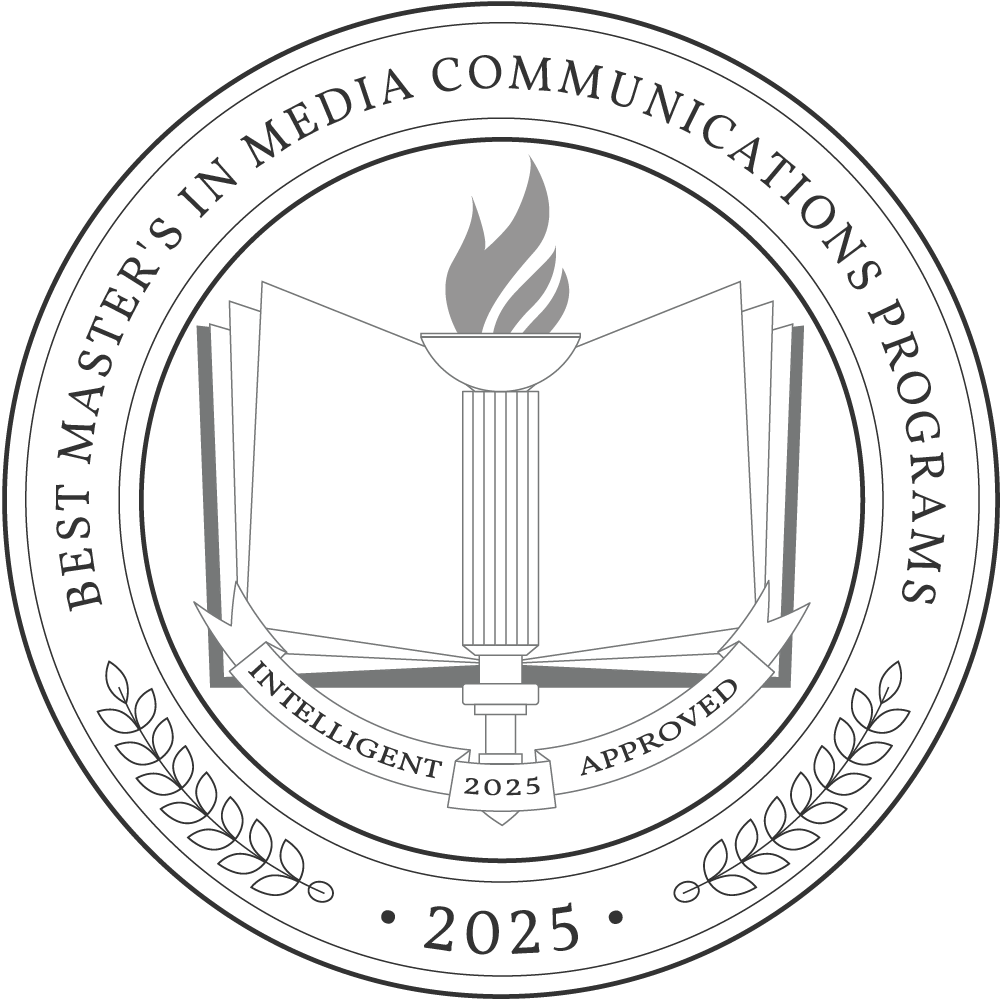Graduate degrees in media communications prepare you for work in various industries, including marketing and advertising, public relations, news media, and even business management.
Annual salaries range widely for media and communications professionals. According to the Bureau of Labor Statistics (BLS), public relations specialists earn $67,440 per year on average, and reporters and journalists earn $55,960. Media producers and directors earn an average of $85,320 per year.
You can expect to spend a minimum of one to two years earning your degree. As of 2021, the average tuition for a graduate-level degree was around $19,749 per year. At public institutions, tuition was around $12,394, and it’s more than twice that figure at private colleges and universities.
Why Trust Us
The Intelligent.com Higher Education Team is dedicated to providing students with independent, equitable school and program rankings and well-researched resources. Our expert-driven articles cover topics related to online colleges and programs, paying for school, and career outlooks. We use data from the U.S. Department of Education’s College Scorecard, the National Center for Education Statistics, and other reputable educational and professional organizations. Our academic advisory team reviews content and verifies accuracy throughout the year for the most current information. Partnerships do not influence rankings or editorial decisions.
- Analyzed over 2,000 national, accredited, and nonprofit colleges and universities
- 800+ rankings pages are reviewed and updated yearly
- Content is informed by reputable sources, surveys, and interviews with academic advisors and other experts
- Over 100 data points are reviewed for accuracy and quality throughout the year, including sources
How we rank schools
Our list features the best media communications degree programs at top colleges nationwide. Each school featured is a nonprofit, accredited institution — either public or private — with a high standard of academic quality for post-secondary institutions.
We evaluated each school’s program on tuition costs, admission, retention and graduation rates, faculty, reputation, and the student resources provided for online students. We collected data from trusted sources like the National Center for Education Statistics, individual school and program websites, school admissions counselors, and other data sources. Then, we calculated the Intelligent Score on a scale of 0 to 100 based on the following criterion:
Academic Quality:
- Admission rate versus enrollment rate
- Retention rate of students who return after year one
- Accreditation status (regional and programmatic)
- Nonprofit status, both private and public institutions
Graduation Rate
- Overall graduation rate
- Total number of currently enrolled students, including diversity metrics
- Student-to-faculty ratio
Cost and ROI
- In-state and out-of-state per-credit tuition rates and fees
- Required credits to graduate
- Earning potential after graduation
- Availability of federal student loans, scholarships, and other financial aid options
Student Resources
- Available student services for online-only and hybrid programs
- On-campus amenities like tutoring centers and the number of libraries
Read more about our ranking methodology.
Best 13 Accredited Master's in Media Communications Degree Programs
FiltersInstitution Type
Status
- Intelligent Score
- Alphabetically By University Name
- Acceptance Rate
- Enrollment
- In-state Graduate Tuition
- Out-of-state Graduate Tuition
- In-state Undergraduate Tuition
- Out-of-state Undergraduate Tuition

Baylor University
Intelligent Score: 99.98In-state: $44,544
Out-of-state: $44,544
In-state: $33,408
Out-of-state: $33,408
SAT: N/A
ACT: N/A
$2,285
On-Campus
Southern Association of Colleges and Schools Commission on Colleges
30-36
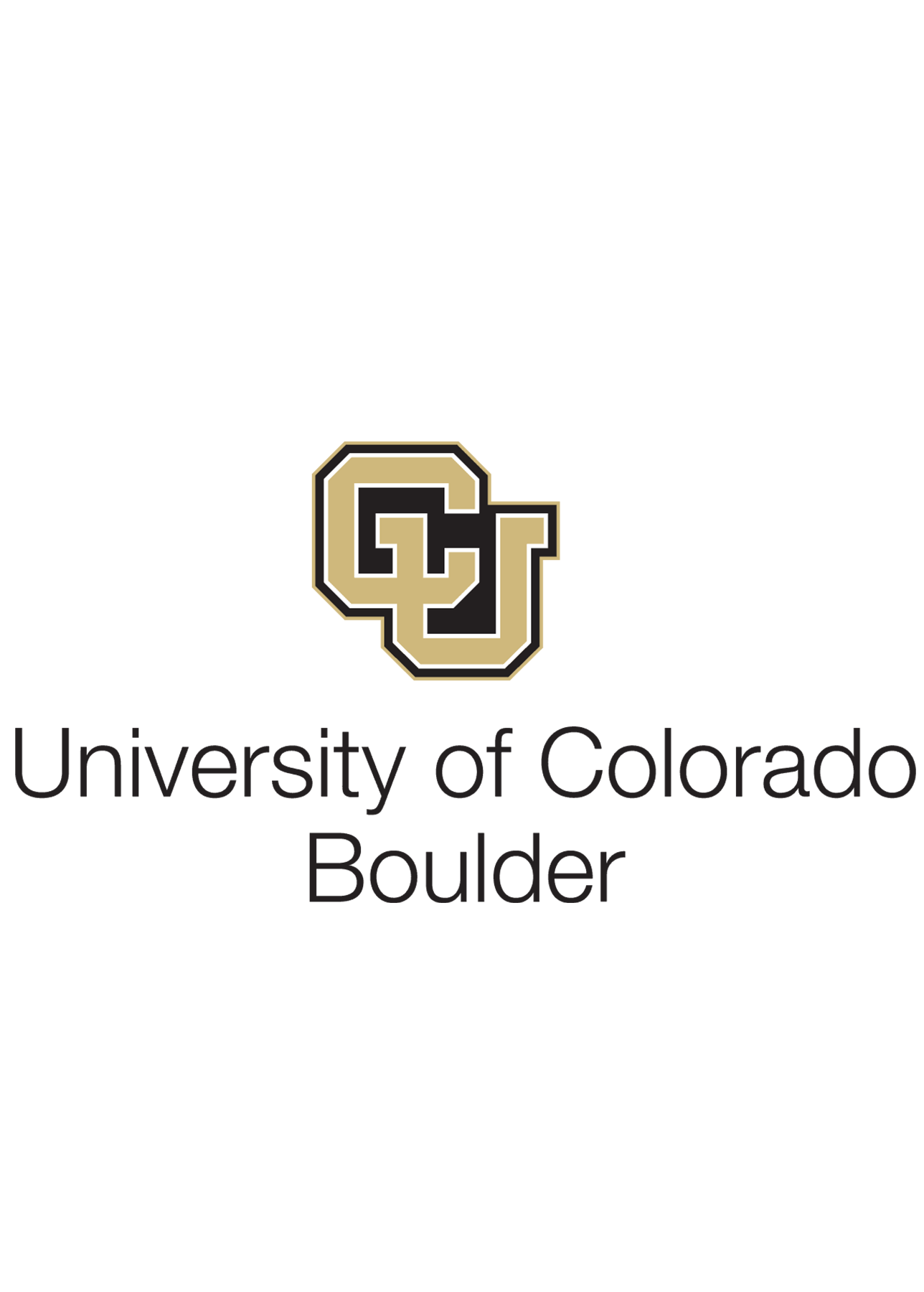
University of Colorado Boulder
Intelligent Score: 98.97In-state: $10,728
Out-of-state: $34,930
In-state: $11,826
Out-of-state: $11,826
SAT: 1130-1350
ACT: 25-31
$413
On-Campus
Higher Learning Commission
30
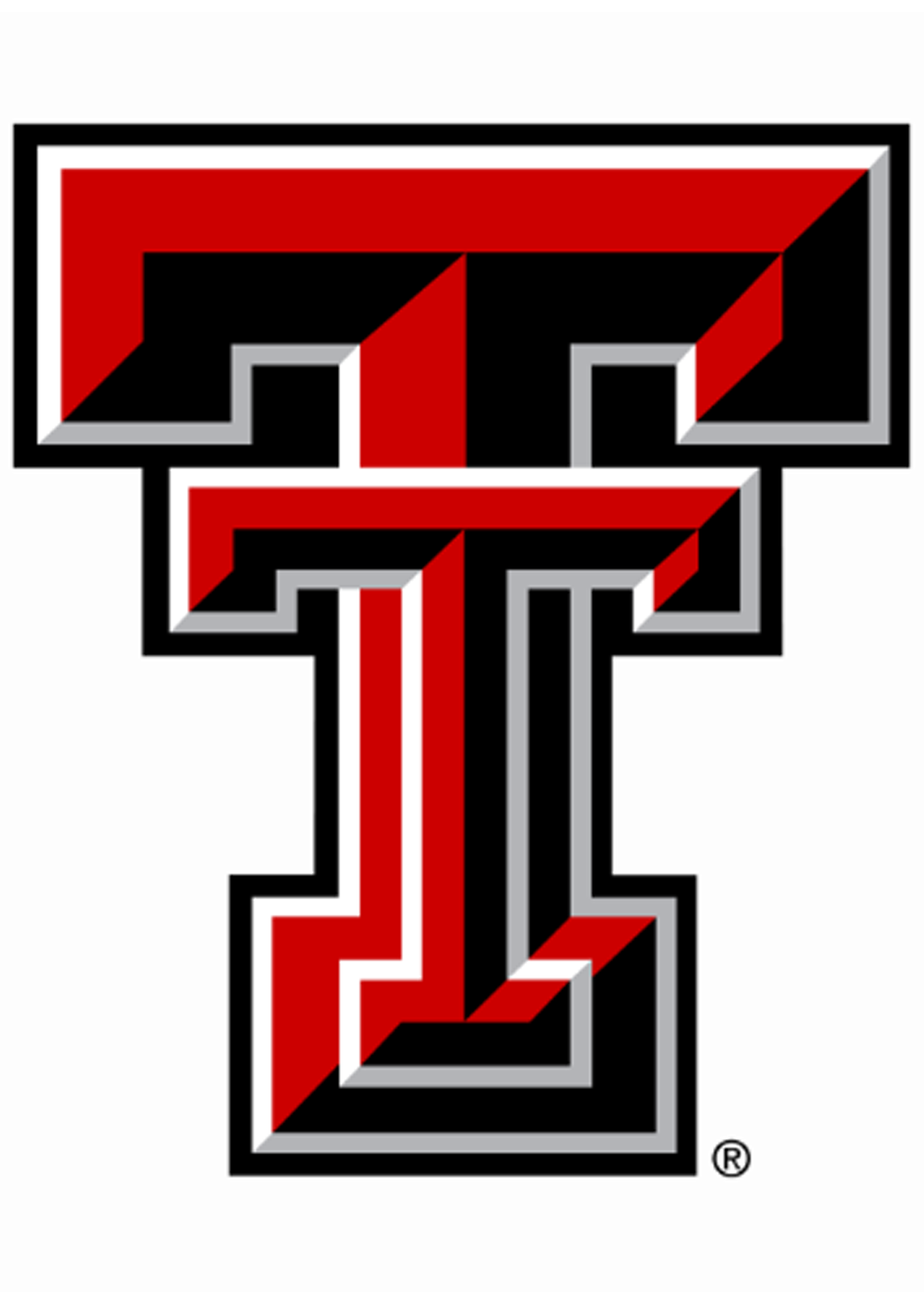
Texas Tech University
Intelligent Score: 95.7In-state: $8,683
Out-of-state: $20,953
In-state: $6,788
Out-of-state: $6,788
SAT: 1070-1240
ACT: 22-27
In-State: $263
Out-of-State: $721
On-Campus
Southern Association of Colleges and Schools Commission on Colleges
30-36
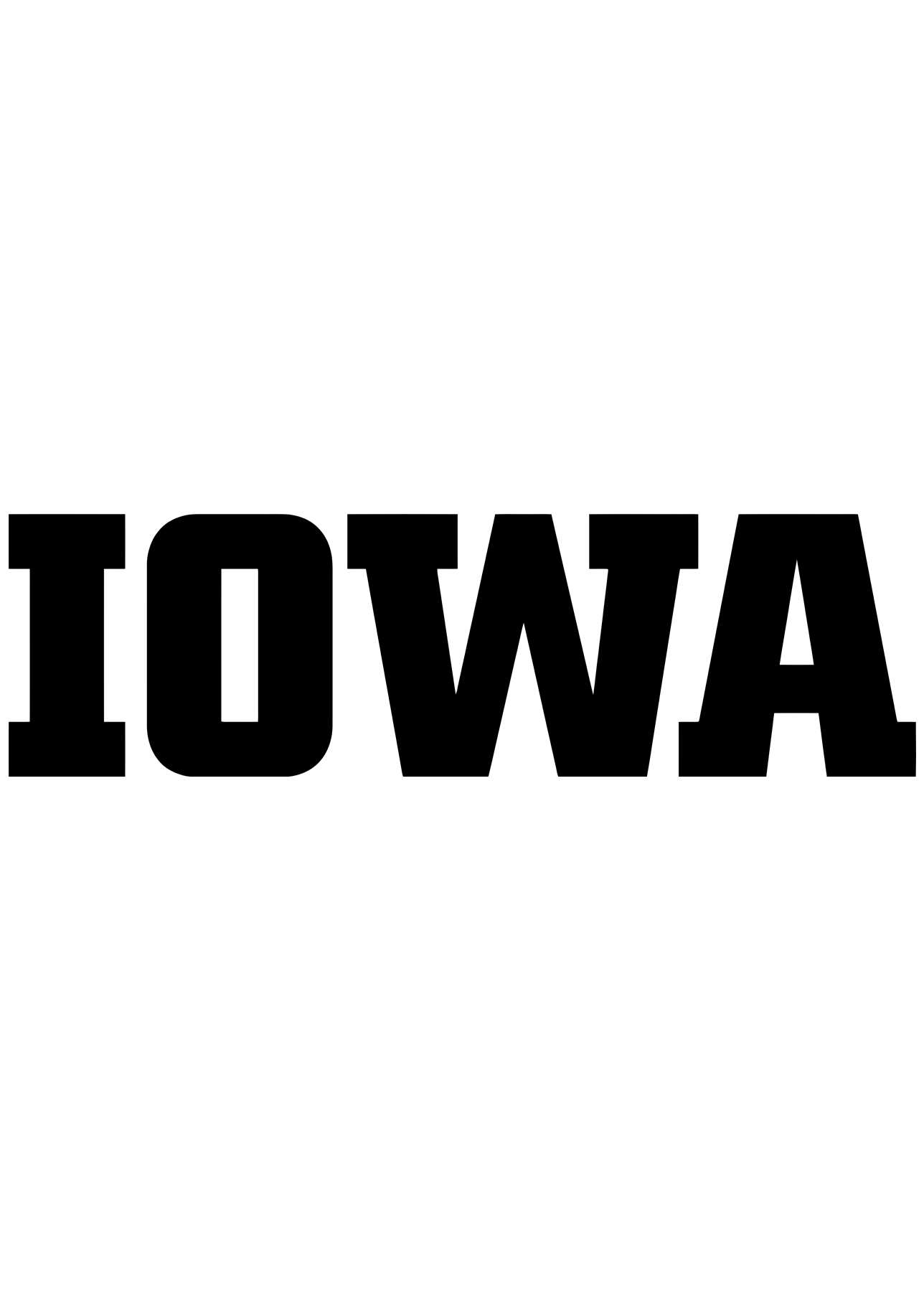
University of Iowa
Intelligent Score: 95.2In-state: $8,073
Out-of-state: $30,036
In-state: $10,079
Out-of-state: $10,079
SAT: 1110-1310
ACT: 22-29
In-State: $626
Out-of-State: $1,677
On-Campus
Higher Learning Commission
36
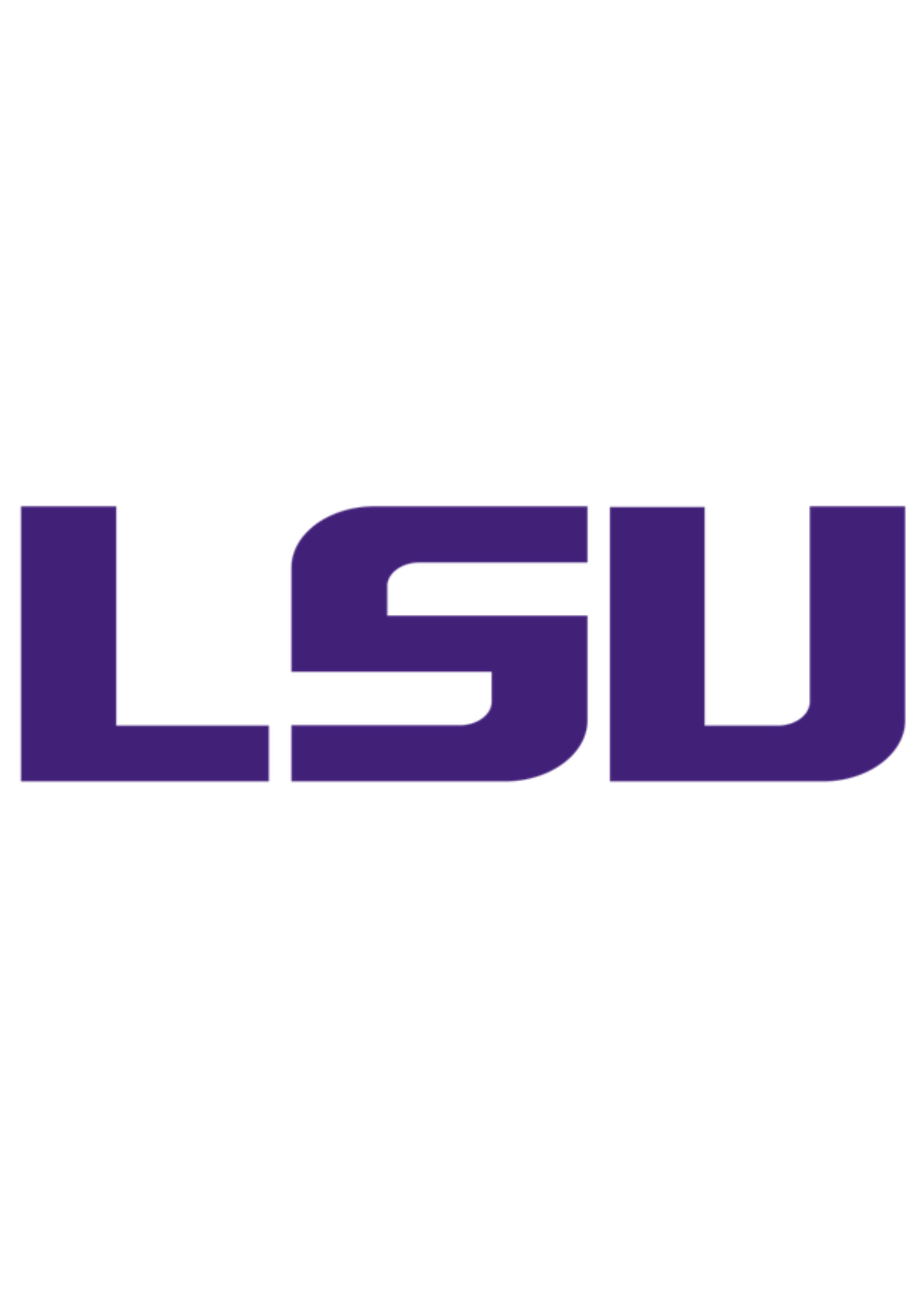
Louisiana State University
Intelligent Score: 90.07In-state: $8,038
Out-of-state: $8,038
In-state: $9,132
Out-of-state: $9,132
SAT: 1090-1300
ACT: 23-28
In-State: $696
Out-of-State: $1,636
On-Campus
Southern Association of Colleges and Schools Commission on Colleges
34

University of Washington
Intelligent Score: 89.9In-state: $10,629
Out-of-state: $37,998
In-state: $16,278
Out-of-state: $16,278
SAT: 1200-1453
ACT: 27-33
$815
On-Campus, Online
Northwest Commission on Colleges and Universities
45

Michigan State University
Intelligent Score: 89.39In-state: $15,555
Out-of-state: $40,384
In-state: $18,858
Out-of-state: $18,858
SAT: 1100-1300
ACT: 23-29
In-State: $867
Out-of-State: $1,703
On-Campus
Higher Learning Commission
30
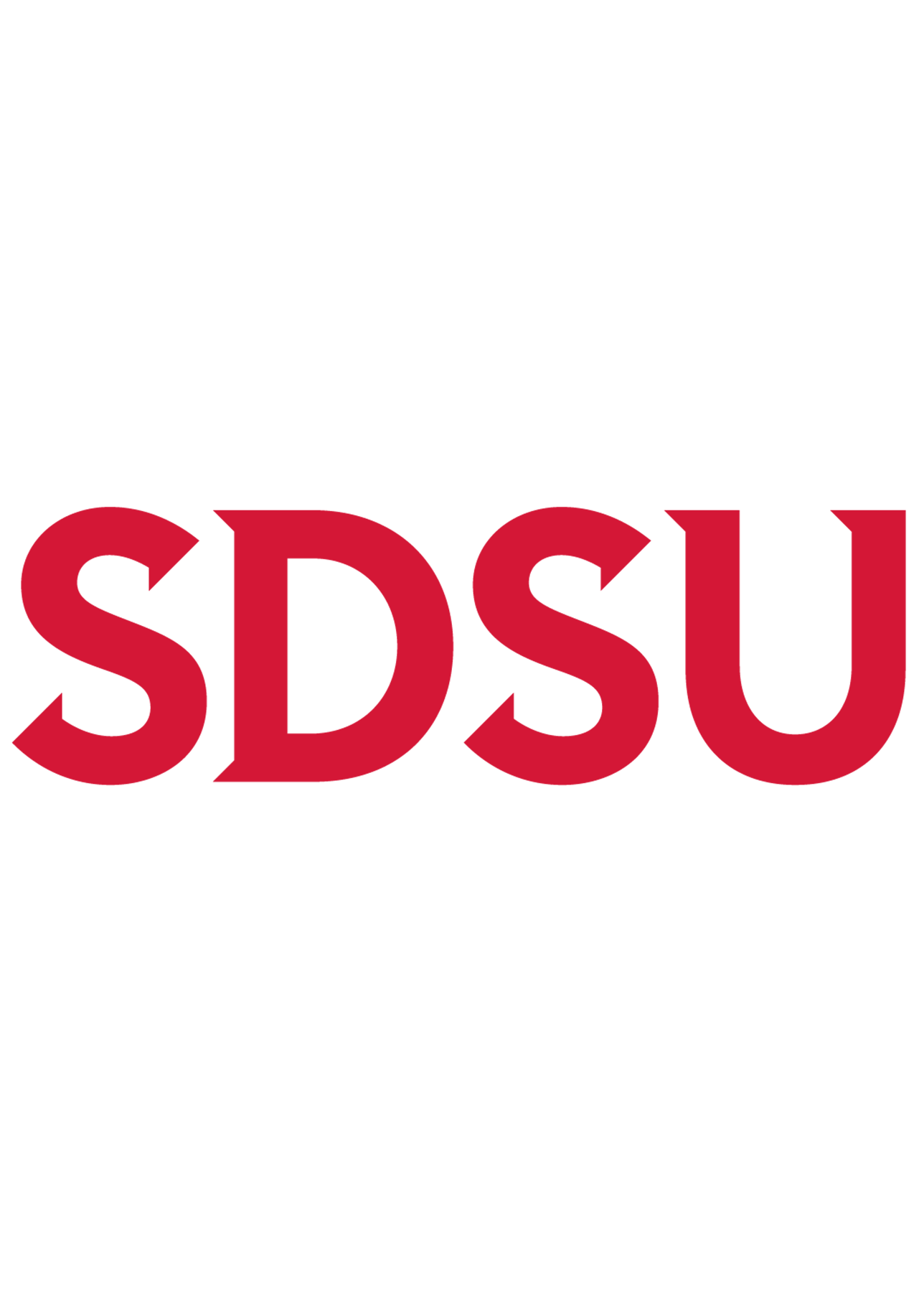
San Diego State University
Intelligent Score: 88.81In-state: $5,742
Out-of-state: $17,622
In-state: $7,176
Out-of-state: $7,176
SAT: 1090-1300
ACT: 22-29
Resident: $324
Non-Resident: $824
On-Campus, Online
Western Association of Schools and Colleges
30
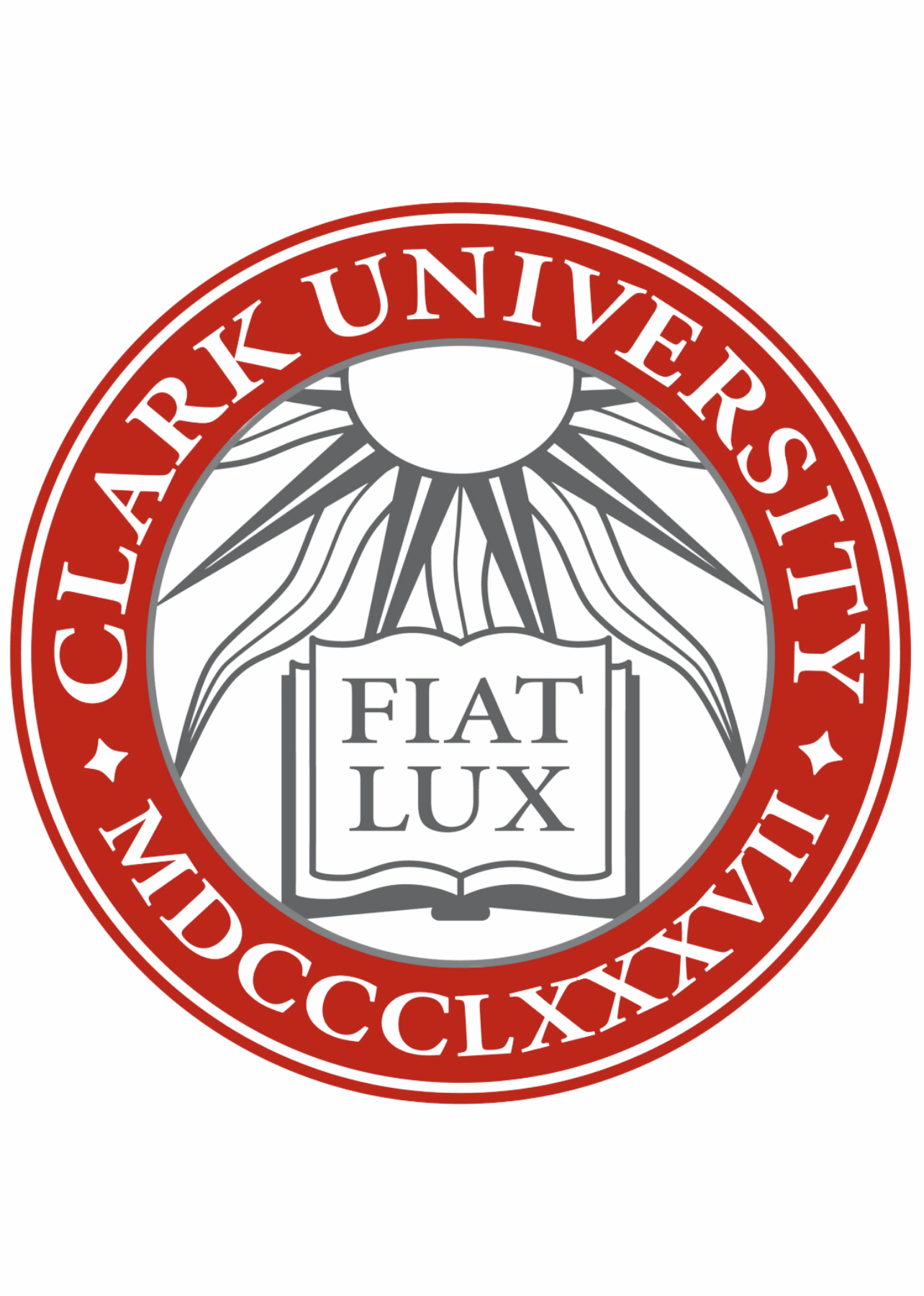
Clark University
Intelligent Score: 88.11In-state: $48,250
Out-of-state: $48,250
In-state: $47,650
Out-of-state: $47,650
SAT: 1150-1350
ACT: 27-32
$1,035
On-Campus
New England Commission of Higher Education
30

NYU Steinhardt
Intelligent Score: 87.74In-state: $52,204
Out-of-state: $52,204
In-state: $34,704
Out-of-state: $34,704
SAT: 1370-1540
ACT: 31-34
$2,101
On-Campus
Middle States Commission on Higher Education
36

Colorado State University
Intelligent Score: 86.41In-state: $9,426
Out-of-state: $28,147
In-state: $10,520
Out-of-state: $10,520
SAT: 1070-1280
ACT: 23-29
Resident: $223 - $620
Non-Resident: $547 - $1,520
On-Campus
Higher Learning Commission
31
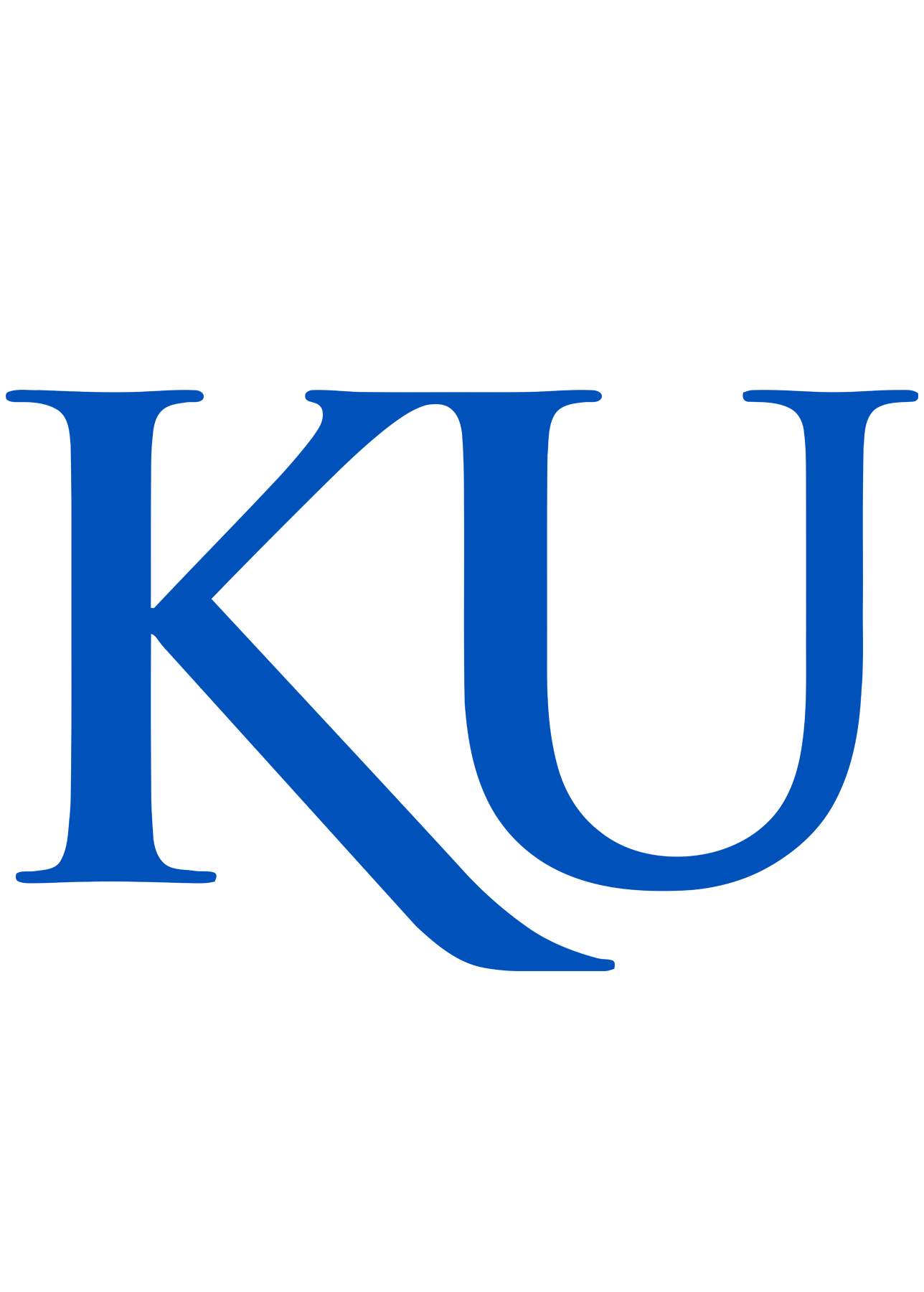
University of Kansas
Intelligent Score: 86.12In-state: $10,092
Out-of-state: $26,960
In-state: $9,989
Out-of-state: $9,989
SAT: 1070-1320
ACT: 22-29
Resident: $353
Non-Resident: $943
On-Campus
Higher Learning Commission
37

Northwestern University
Intelligent Score: 85.65In-state: $58,227
Out-of-state: $58,227
In-state: $56,067
Out-of-state: $56,067
SAT: 1430-1550
ACT: 33-35
$2,251
On-Campus
Higher Learning Commission
42
How to Choose a Master’s in Media Communications Degree Program
Choose your area of study
Media communications degrees can serve a variety of career goals, so ensure you know what your objectives are before you apply for programs. The program you apply for if you want to grow in a journalism career might be different from the one you’d pick if you were looking for a promotion in public relations or multimedia marketing.
Some examples of concentrations you can choose from when seeking a master’s in media communications include:
- Public relations
- Digital communication
- Corporate communication and business management
- Nonprofit communication and management
- Health communication
- Applied research in communication
- Political communication
Research schools and programs
Comprehensive research helps you find schools and programs that best fit your needs. Some things you might want to consider as you research master’s in media communication programs include:
- The reputation and accreditation of the program. Consider programs that are approved by accrediting bodies, as they have demonstrated quality curriculum and teaching. You might also read up on faculty expertise and consider reviews from existing students and alumni.
- Networking opportunities. Depending on your objectives, you may want to participate in internships, work-study programs, or general networking opportunities. Look for a program that effectively supports such things. Consider factors such as a school’s proximity to media hubs and technology resources.
- Costs and potential financial aid. Look at the cost per credit hour, additional fees, and other expenses related to a program to understand whether it fits your budget. Talk to the financial aid office at each school about options for help covering the cost of your degree.
Prepare for tests and applications
Once you have a shortlist of potential master’s in media communication degree programs, prepare to submit applications. Some common steps in this process include:
- Taking tests required by schools for admission into graduate programs. Common requirements include either the GMAT or GRE exam. Check with each school’s admissions office to find out about specific requirements and necessary scores.
- Getting transcripts and letters of recommendation. You may need to have transcripts sent directly to the school. If you need letters of recommendation, plan ahead to allow plenty of time for people to write them.
- Completing application documents. You can typically complete applications online. Take your time and proof your application before you submit it.
Select your program
If you apply to several schools that make your shortlist, you may get into more than one. Once you receive a response to all your applications, take some time to compare the pros and cons of each program you got into. Select the one that best meets your needs.
Determine how you’ll pay for your degree
Create a plan for covering the cost of your master’s degree program. This might include a combination of scholarships, grants, loans, work-study opportunities, and personal savings. Always check in with the financial aid office at your school for options you might not know about, and consider whether attending part-time attendance might be an option if you want to pay for your education as you go.
What Can You Expect From a Master’s in Media Communications Degree Program?
Master’s in media communication degree programs cover various topics related to strategic communication, research, media theory, digital media, and production. Typically, you’ll need to complete 35 to 40 credit hours of coursework, and you may need to take additional classes if you don’t have prerequisites from a previous degree or professional experience.
Depending on the type of program you enter and how many courses you take each semester, a master’s in media communications degree can take one to three years to earn on average. If you attend part-time, it might take longer.
In addition to passing all required classes, you often have to complete a thesis project, which involves writing and presenting a thesis or completing a relevant, independent project. Throughout your degree program, you can expect to be involved heavily in tasks such as research and writing, and you may have to complete work as part of a group.
Potential courses you’ll take in a master’s in media communications degree program
- Crisis Communication. This course aims to prepare students for reacting and communicating appropriately on a large scale during corporate or other crises. It might address topics such as creating press materials, developing a communications disaster response plan, and protecting brand reputation.
- Media Resource Management. Resource planning and management courses look at how communications leaders can best utilize staff, technology, and other resources. You might also learn about managing communications across various departments, such as aligning brand messaging across PR, advertising, and marketing teams.
- Strategic Communication. These courses deal with media theory and strategy and how to apply those concepts in real-world situations. The exact information and skills taught in such courses can depend heavily on your concentration. For example, a concentration in digital marketing and advertising might be concerned with lead generation and conversion, and a concentration in news media might be focused on the impact of journalism.
- Audience Research. Research and analytics coursework focuses on gathering and analyzing data to understand audience dynamics and trends, which should inform media strategies of all types. This helps students learn how to identify a target demographic and craft a strategy to focus on those pain points or interests.
Master’s in Media Communications Degree Program Frequently Asked Questions
How do I apply to a master's in media communications degree program?
To apply for a program, you’ll need to complete an application package. Research each school’s admissions requirements — talk to the admissions office at each program for specifics and potential tips on creating a successful application package.
Ensure ample time to gather documents such as transcripts and recommendation letters and take required tests. Some schools may require minimum GRE scores, especially on verbal and writing assessment sections, and if you don’t do well enough on the test the first time, you may want to try again.
You can start the application process with most schools online. Note that you will likely pay a nonrefundable application fee, but many schools put that fee toward tuition if you’re admitted.
How much does a master's in media communications degree cost?
The cost of your program depends on how much each credit hour is. For example, the cost per credit hour at Georgetown University for the fall 2024 semester is $1,620. A master’s in media communication program requiring 30 credit hours at this rate would cost around $48,600.
When considering the costs of your chosen program, factor in expenses such as fees and books. You might also want to consider transportation costs if you are commuting back and forth to classes.
How long does it take to earn a master's in media communications degree?
In an accelerated program, you may be able to complete your degree in around one year. These programs often take into account someone’s existing expertise and may not require the same amount of credit hours as traditional programs.
Traditional programs can be completed in 1.5 to two years when attending full-time and three or more years when attending part-time.
